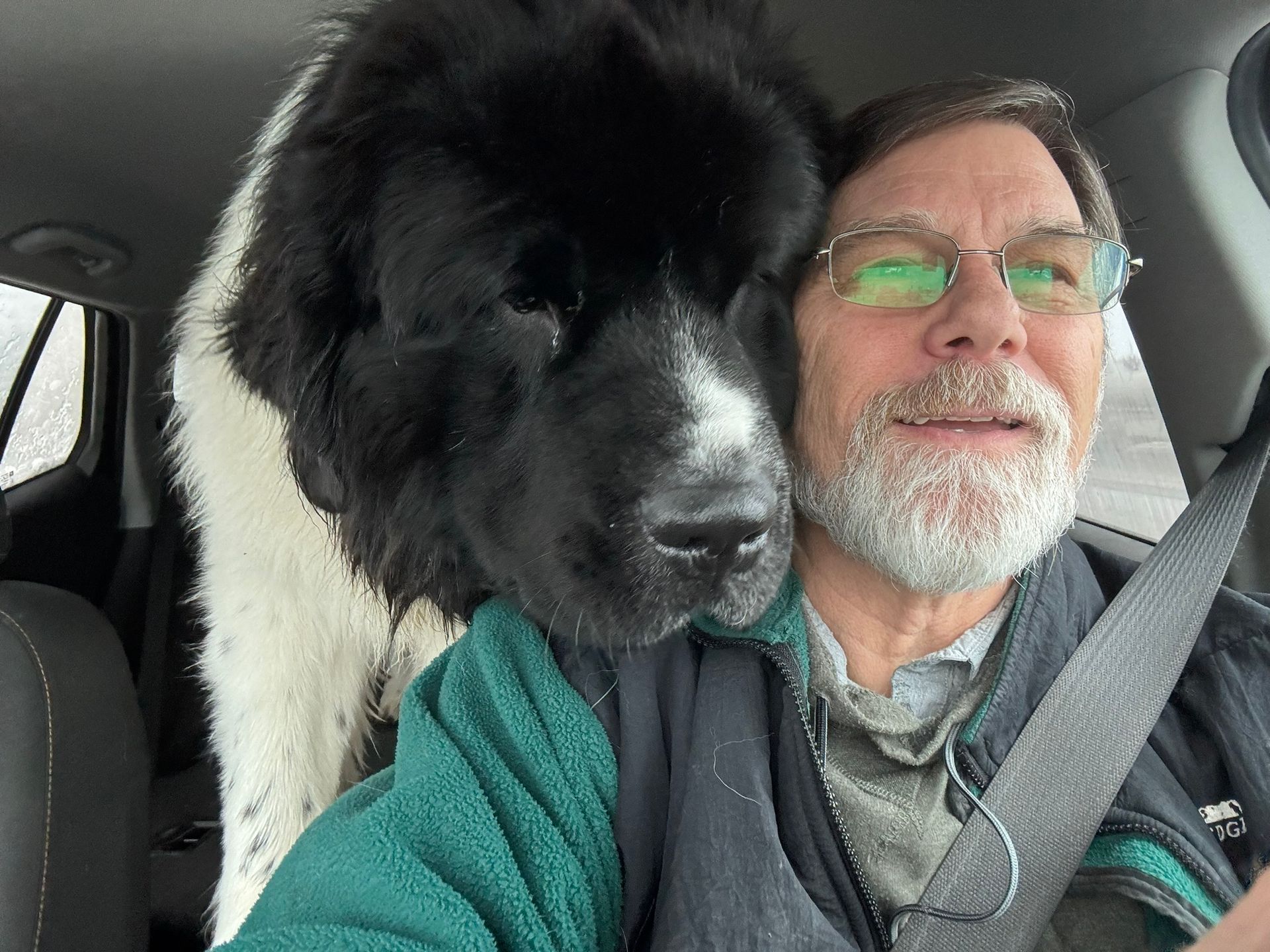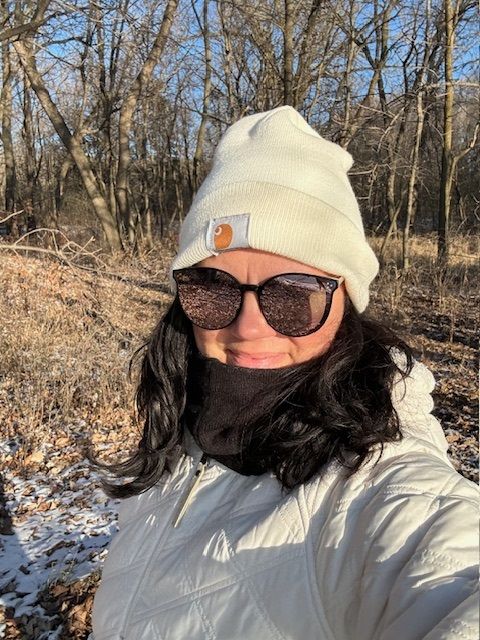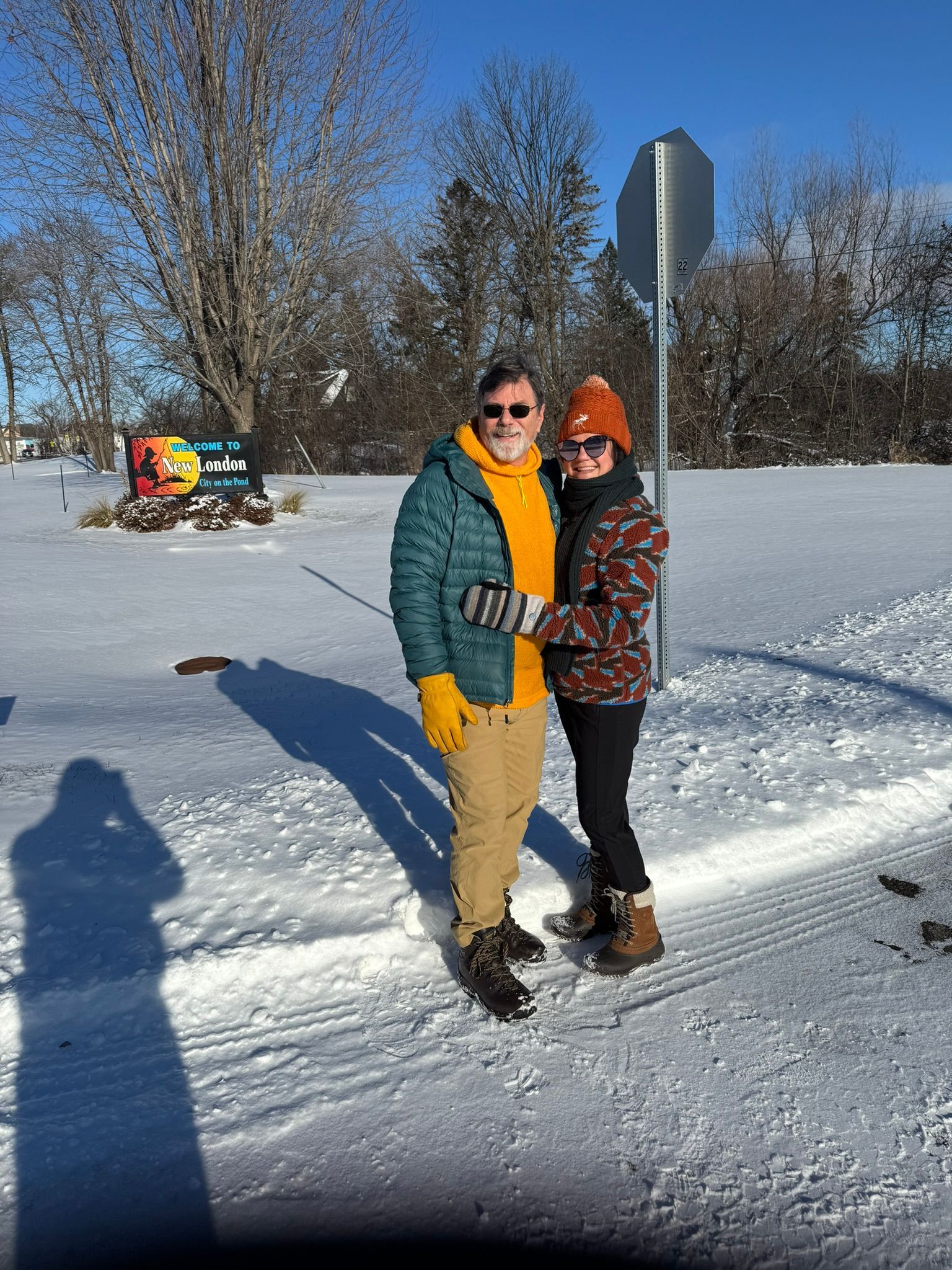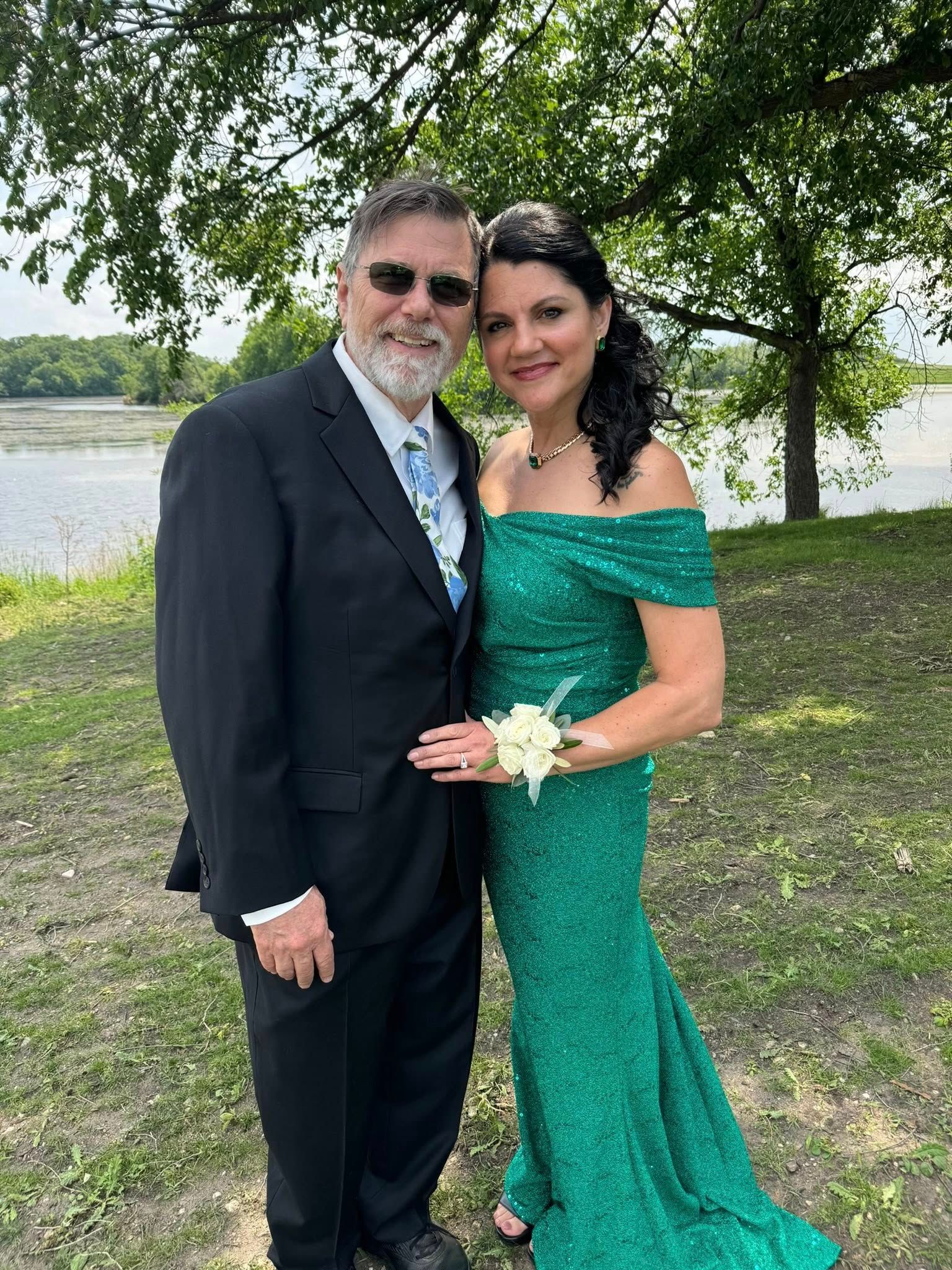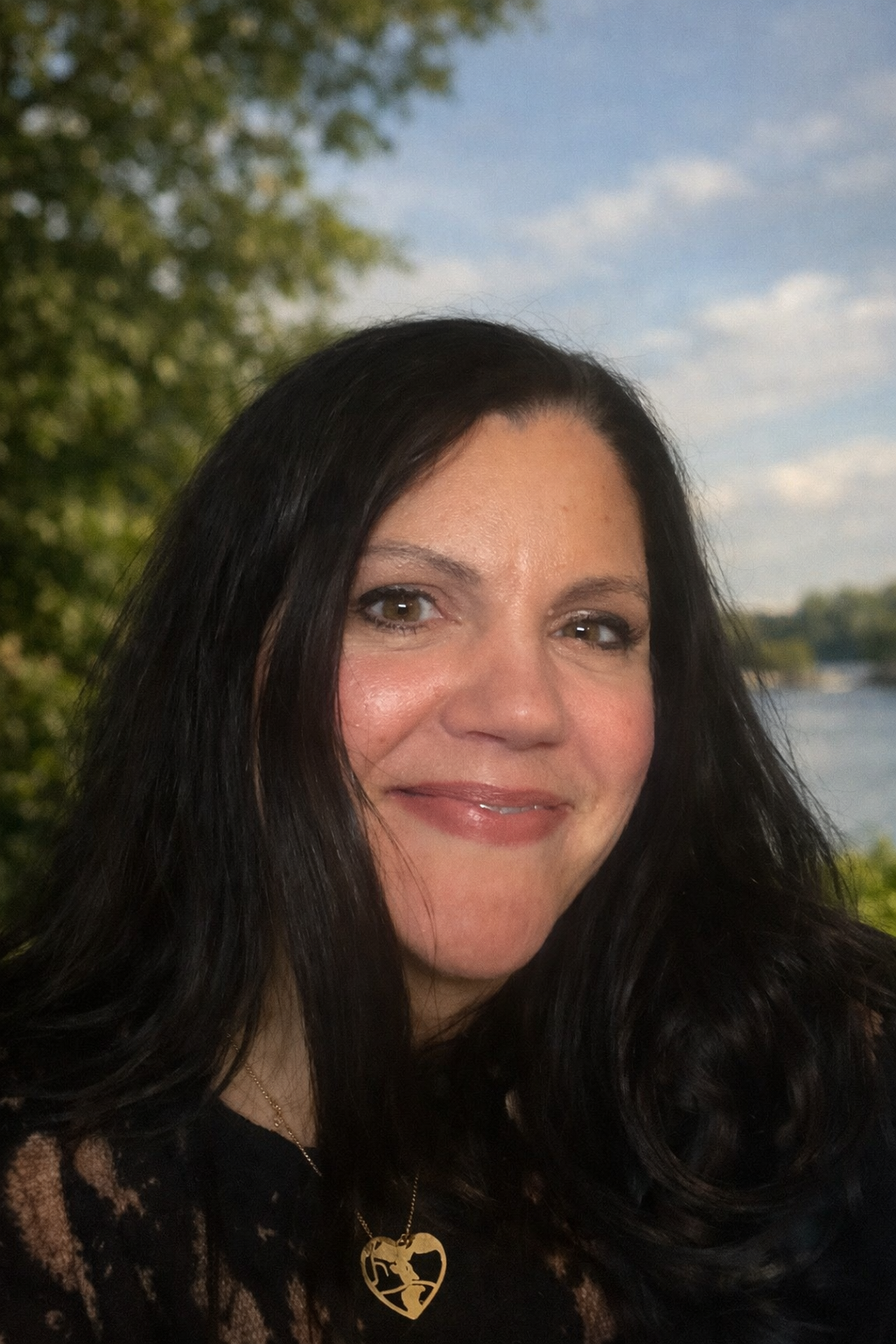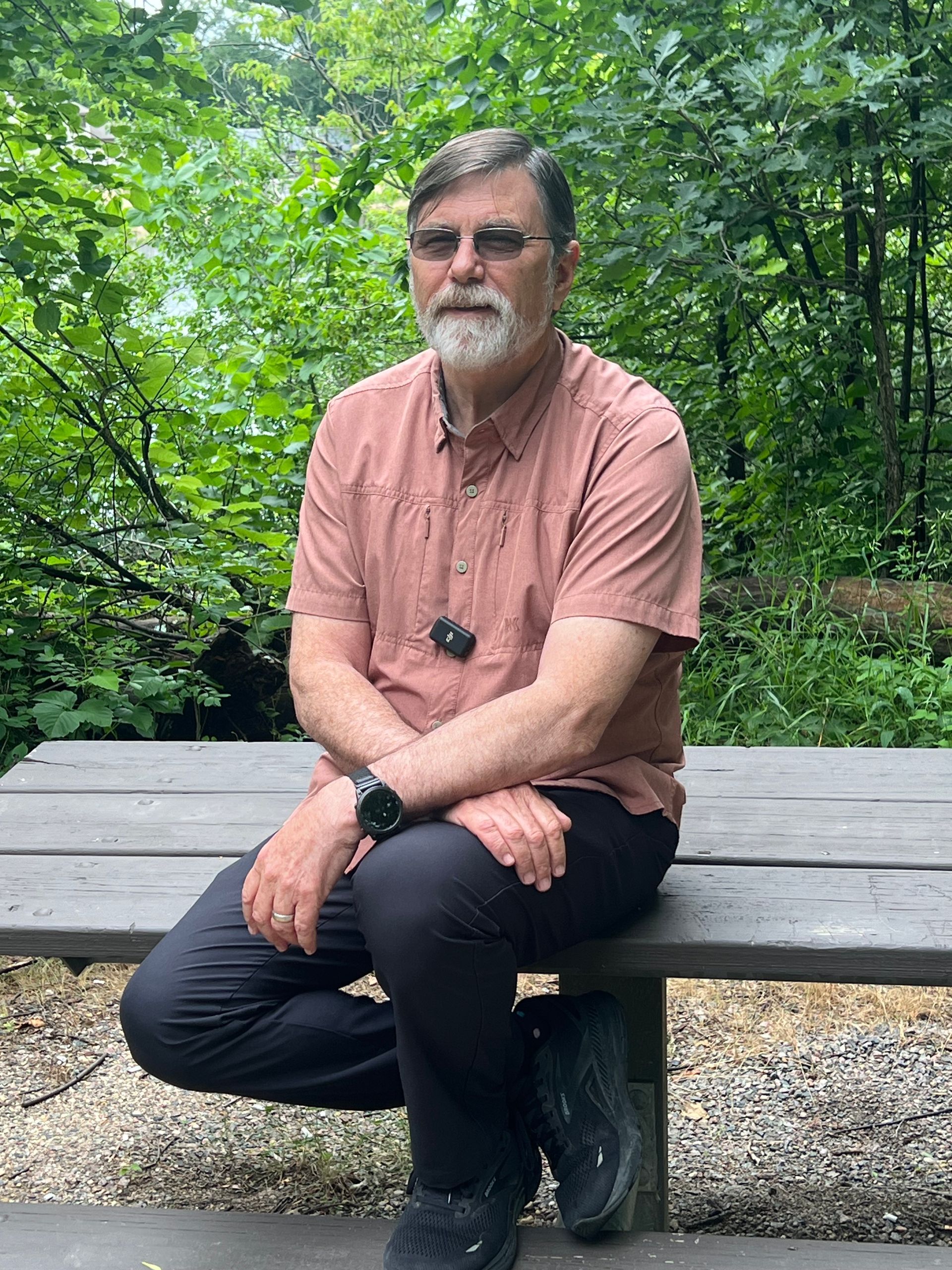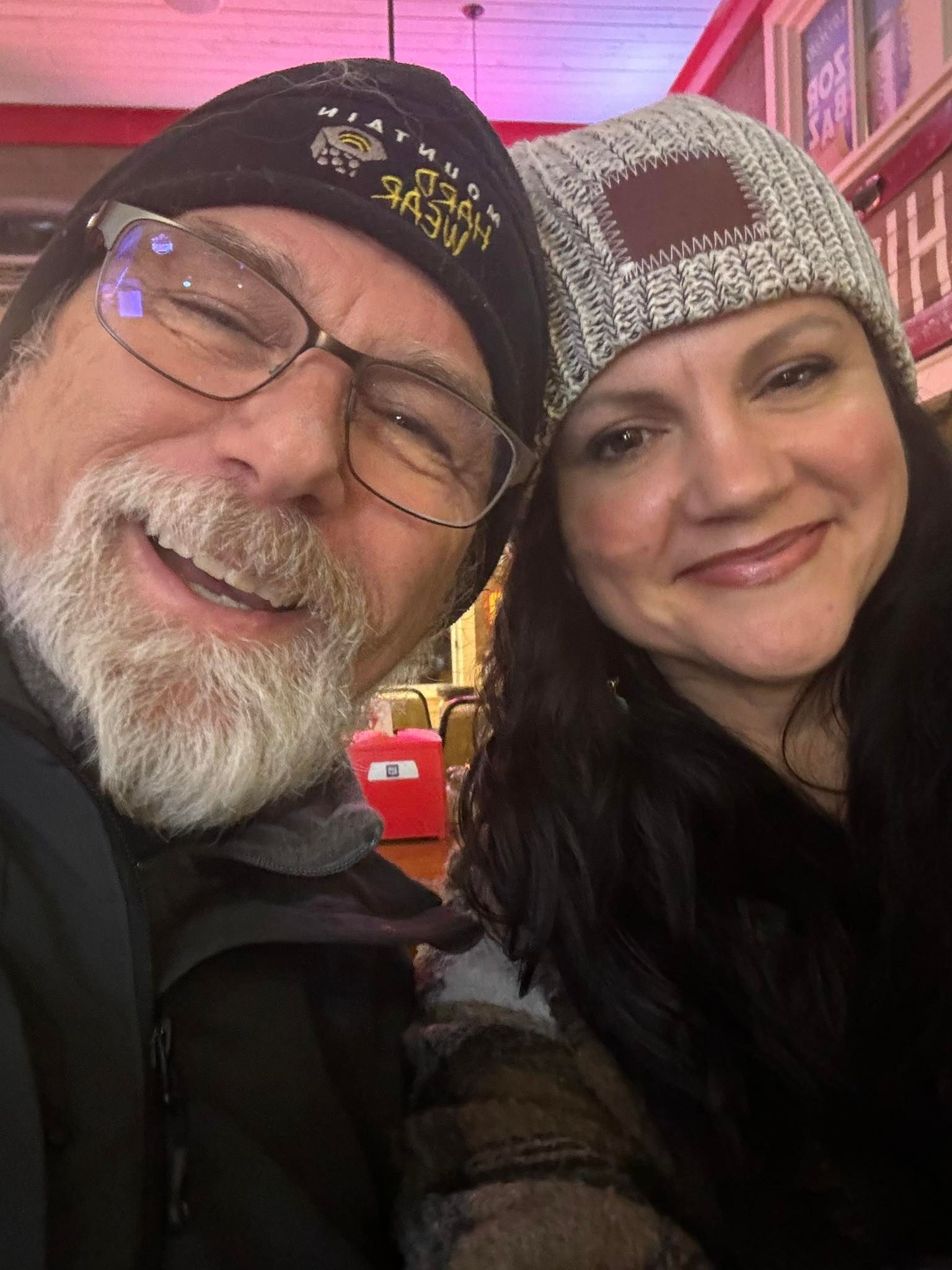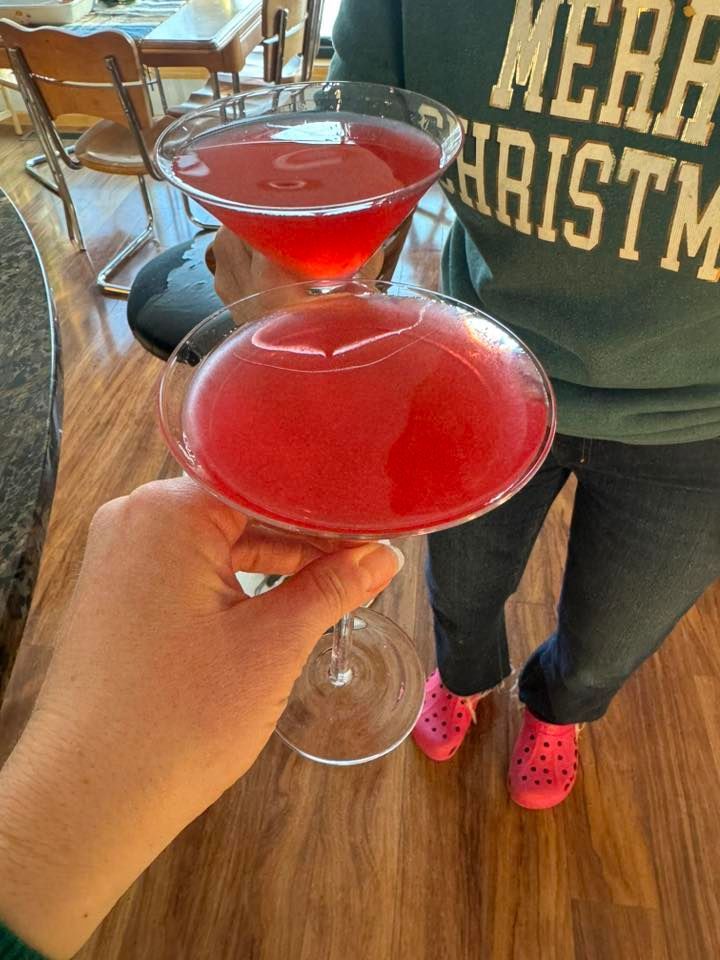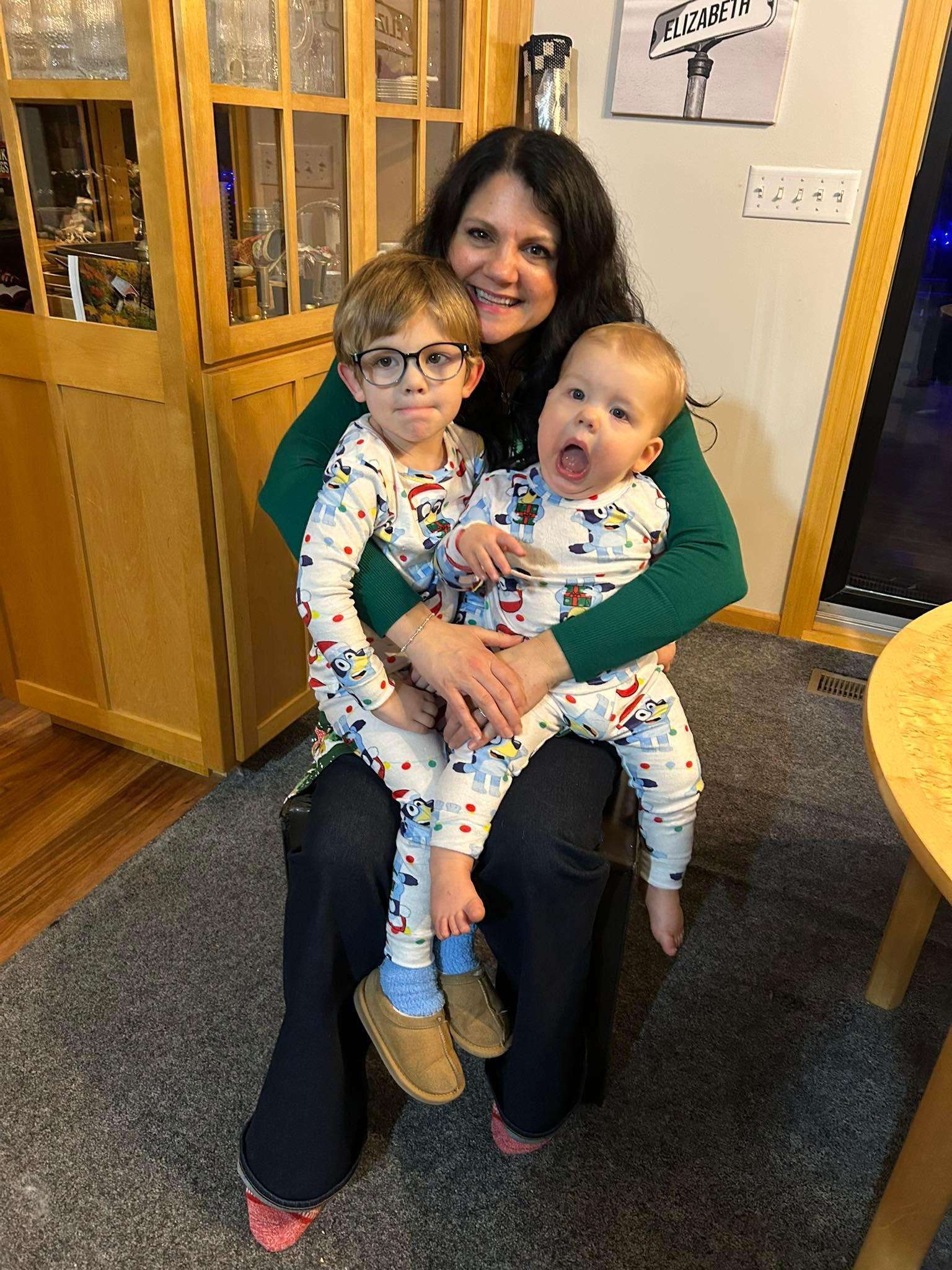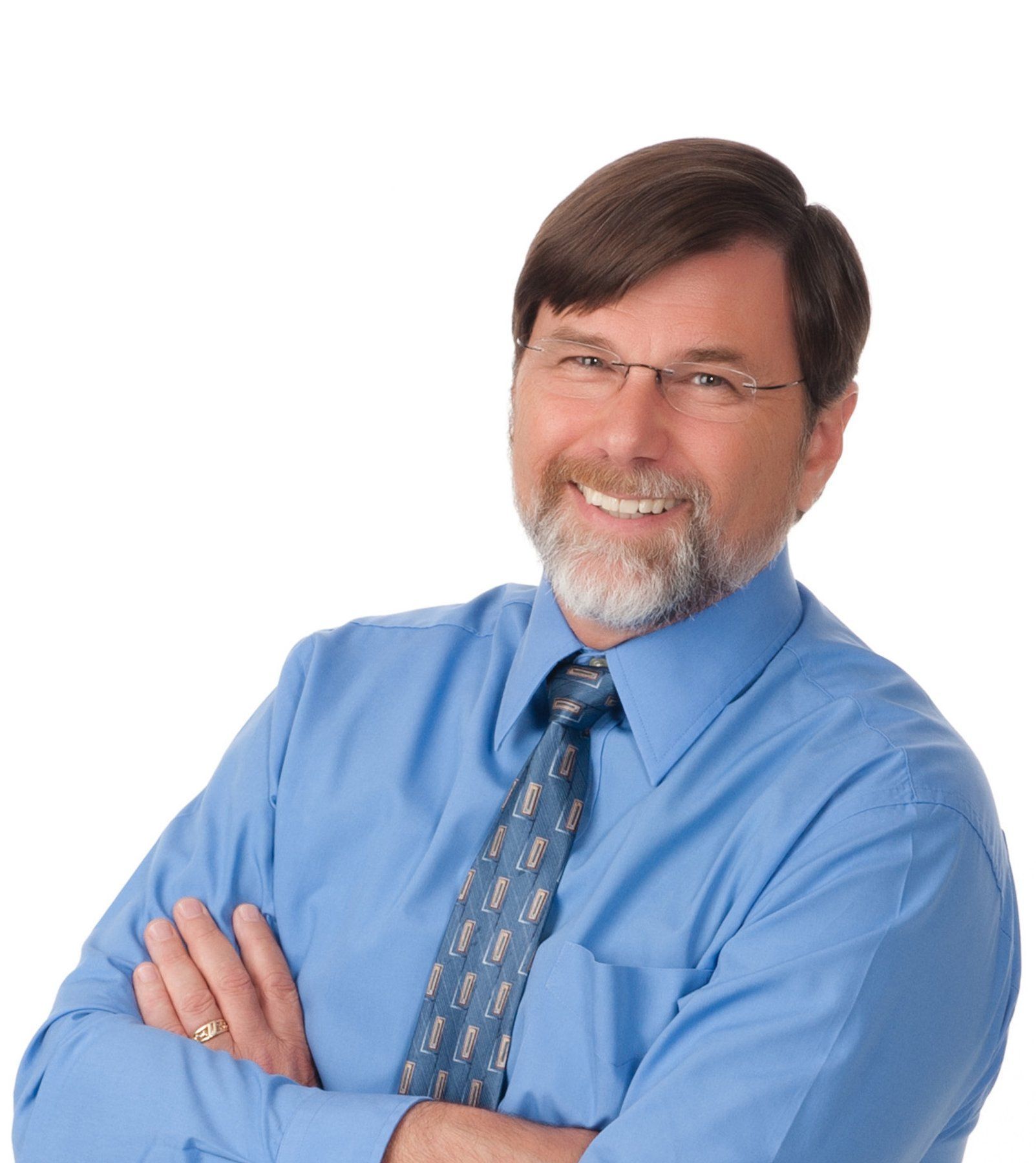Wholeness Doesn't Mean Always Feeling Good

We’ve been sold a watered-down vision of wellbeing.
It’s often painted in soft colors, serene smiles, calm minds, open hearts, peaceful mornings, and quiet sunsets. And yes, those things are beautiful. But they’re not the whole story.
True wellbeing, Persistent Transcendent Fundamental Wellbeing (PTFW), isn’t about always feeling good. It’s about being whole. And wholeness includes the mess.
The Myth of Spiritual Bypassing
Somewhere along the way, a dangerous idea crept into the world of personal growth: that negative emotions are a sign of failure. That sadness, anger, fear, or grief means you’re “out of alignment” or “not vibrating high enough.”
But this is not healing. It’s avoidance dressed up as enlightenment.
This is spiritual bypassing; the tendency to use spiritual concepts to sidestep the raw, uncomfortable, and deeply human parts of our experience. And it’s not just unhelpful, it’s harmful.
Because healing doesn’t come from skipping over pain.
It comes from walking through it with presence.
Spaciousness, Not Suppression
PTFW doesn’t suppress emotion; it expands around it. When you're truly grounded in presence, there's room for sadness. Room for doubt. Room for joy, too, but not at the expense of what's real.
Instead of reacting to emotions or running from them, you begin to witness them. You let them move, without letting them take over. You stop identifying withthem and start relating to them.
You become the space they pass through, not the storm itself.
Feeling Through vs. Getting Stuck In
Let’s be clear: emotions are not problems to solve. They’re messengers. Invitations. Sometimes, they’re the very key to the door we’ve been trying to open.
When we resist emotions, they persist.
When we suppress them, they fester.
But when we feel them fully, they move.
PTFW isn’t emotional flatness. It’s emotional freedom. You can cry and still be grounded, rage and still be whole, fear and still be clear. The goal isn’t to erase the waves; it’s to learn how to ride them.
Emotions as Teachers, Not Threats
Every emotion has wisdom tucked inside it:
- Anger might be pointing to a boundary that’s been crossed.
- Sadness might be showing you what you value.
- Fear might be asking for attention, not avoidance.
- Grief might be clearing space for new life.
When we listen instead of label and open instead of armor, emotions stop being enemies and become guides.
They’re not asking to be fixed. They’re asking to be felt.
Final Thoughts
Wholeness doesn’t mean you never break down. It means you know how to break open.
It doesn’t mean you’re always centered. It means you’ve found a center spacious enough to hold all of it, even the parts that ache, tremble, or cry out for air.
Persistent Transcendent Fundamental Wellbeing isn’t the absence of pain.
It’s the presence of something deeper beneath the pain.
A ground of being that doesn’t flinch.
A quiet strength that holds steady, no matter what moves through.
You don’t have to feel good to be whole.
You only have to be here with honesty, curiosity, and compassion.
That’s the real work.
That’s the real freedom.
That’s what it means to come home to yourself.
-Dr. Sult

